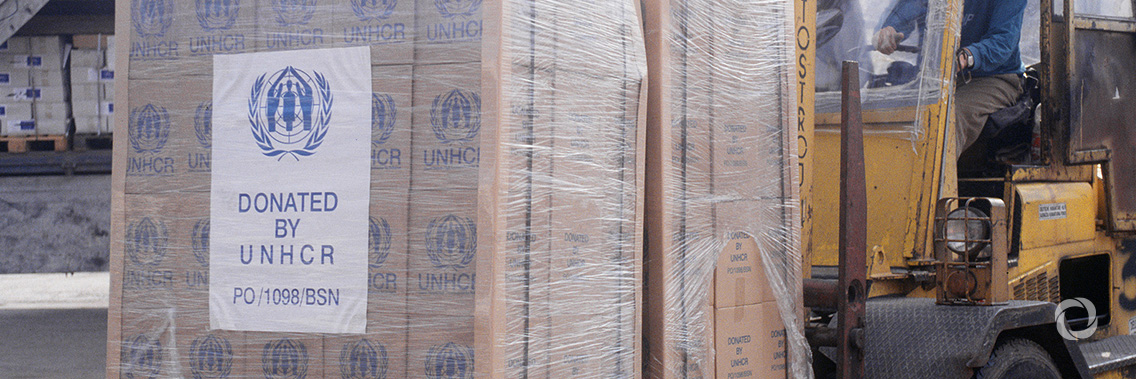UN High Commissioner for Refugees, Filippo Grandi, has called on non-governmental organizations from around the world to work together to counter “toxic” discourses that pose a danger not only to refugees but also “the very foundations of our global society”.
“We need to provide a moral and strategic response to these trends,” Grandi told 500 delegates from some 300 civil society organizations working in more than 80 countries.
He was speaking at the opening session of the UN Refugee Agency’s Annual Consultations with Non-Governmental Organizations, a three-day gathering in Geneva, Switzerland.
Grandi stressed the crucial role such organizations play, noting that their advocacy was more crucial than ever in the current political climate.
He also pointed to the moderator of the opening session – former refugee Guled Mire, who was forced to flee his native Somalia as a child and has since become a prominent advocate for refugees in his adopted homeland New Zealand – as an example of the kind of positive contributions refugees can make.
UNHCR has over 1,000 partner organizations – two-thirds of which are local and national NGOs, as opposed to international ones. In cooperation with UNHCR, these partners implement programmes backed by USD$1.4 billion of donor funding annually, Grandi said, adding that the agency recognized that national NGOs need more support.
The Annual Consultations are an important forum for debate and provide fresh opportunities to collaborate on advocacy and operational issues with participants from around the globe.
This year, the gathering’s main topics include the use of data in refugee responses; UNHCR’s ongoing process of regionalization; the need to continue to focus on integrity; and the inaugural Global Refugee Forum, which is slated to take place in Geneva on 17 and 18 December 2019. That event aims to take stock of the current global situation and strengthen the international response.
Original source: UNHCR
Published on 04 July 2019

